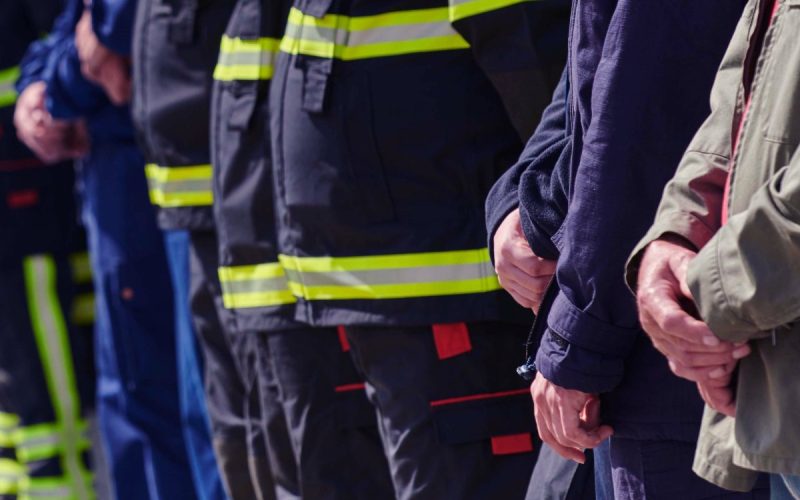A first responder career demands constant growth and skill development as new challenges occur on a daily basis. When faced with non-stop adversity, the ability to adapt and learn becomes crucial to success.
Taking your career to the next level is more than a big promotion; it’s about staying relevant, agile, and prepared for the call. Below, we explore easy skills that advance your first responder career and take you from good to great, ready to meet life’s many challenges head-on.
Take Medical Skills Beyond Basic First Aid
Knowing basic first aid is a given in emergency services, but advanced medical skills will set you apart. Lifesaving techniques like advanced airway management and trauma care can make a world of difference, potentially saving someone’s life.
First responders with these skills can handle critical situations, which only increases their value. Training in advanced medical procedures allows responders to act swiftly and confidently when every second counts.
Advanced medical skills improve patient outcomes and enhance your career prospects by showcasing your expertise. Investing time in advanced medical training is a surefire way to elevate your role in emergency services, regardless of sector.
Quick Decision-Making Under Pressure
The ability to make quick, effective decisions is invaluable in an emergency. For first responders, mastering this skill is vital.
Good decision-making can mean the difference between life and death in critical moments. Practice scenarios and stress-inducing drills can enhance your ability to act decisively. Over time, confident and rapid decision-making becomes second nature and boost your performance in the field.
Developing this skill improves individual competence and strengthens team dynamics during emergencies. By focusing on your decision-making abilities, you take your career to the next level as a first responder with effective response strategies.
Specialize in Disaster Response and Management
Specializing in disaster response offers numerous career benefits for first responders. This expertise involves understanding complex emergencies and managing them efficiently.
By becoming a disaster response specialist, you gain insights into effective strategies and resource allocation. Specialized training in disaster management equips you with the skills to coordinate large-scale emergency responses effectively.
Niche expertise makes you an indispensable asset to any emergency service team. Pursuing specialization can open doors to leadership roles and increased responsibilities, which offers clear career advancement opportunities.
Harness New Technologies and Equipment
Staying updated with the latest technologies is crucial in modern emergency services. New tools and equipment can optimize response efforts and enhance safety.
Familiarity with cutting-edge technology allows first responders to work more efficiently and effectively. Whether it’s advanced lifesaving devices or improved communication tools, being tech-savvy is a career booster.
For example, two-way radio accessories for fire departments can greatly enhance communication and oversee clear coordination during emergencies. By integrating new technologies, you position yourself as a forward-thinking professional in the emergency services field.
Build Physical and Mental Resilience
The demands of emergency services require both physical and mental stamina. Continuous training maintains the resilience needed for challenging situations.
A strong body supports a strong mind and enables first responders to perform under pressure. Regular physical exercise and mental health practices also enhance overall well-being and reduce the risk of burnout.
Building resilience can improve personal health and, ultimately, boost job performance and satisfaction. Committing to physical and mental health is vital for sustaining a long and successful career in emergency services.
Advance in your career as a first responder by improving these easy skills. Whether you apply them to real-life scenarios or role-play with your team, it’s advantageous for the entire crew to participate in career growth and development.

